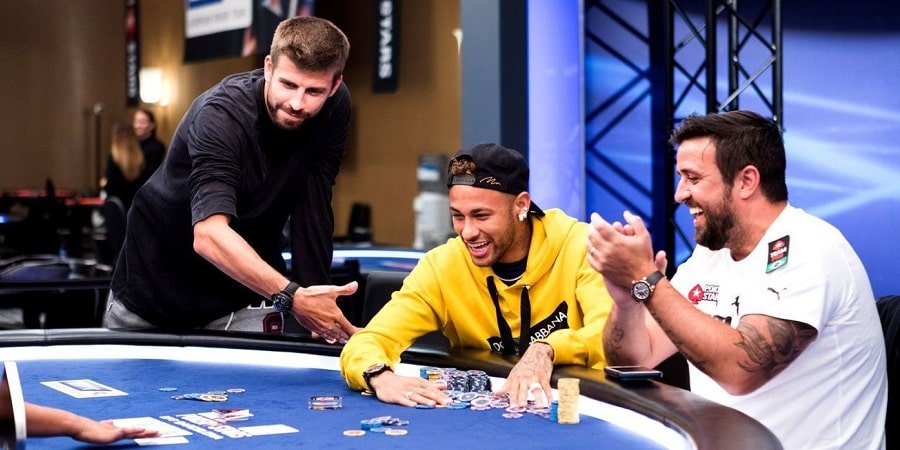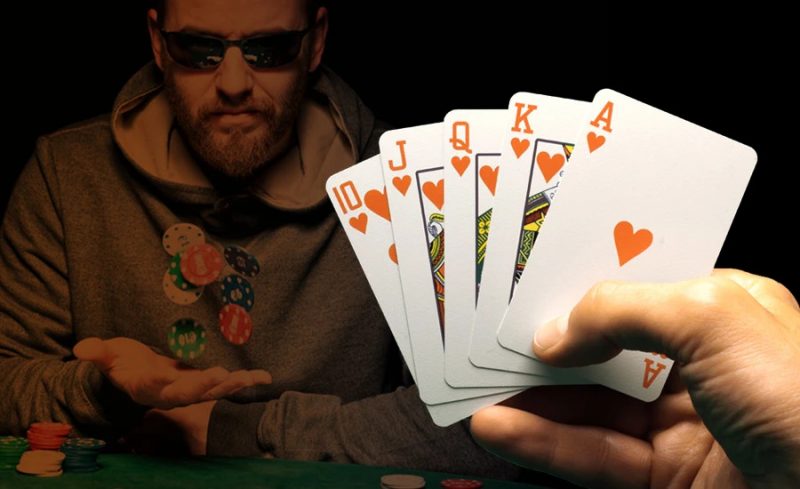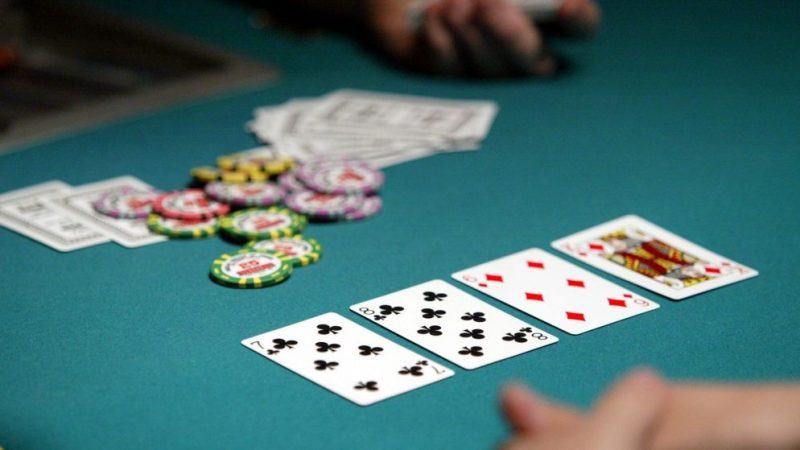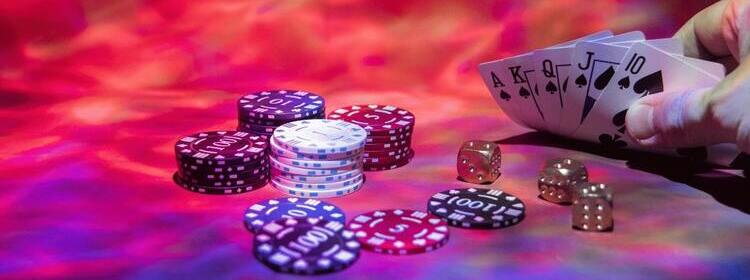
Is poker a game of chance or a sport?
Poker is a global phenomenon that has captivated millions. Its allure lies in its blend of strategy, psychology, and luck. But a lingering debate persists: Is poker primarily a game of chance, or can it genuinely be considered a sport? We surveyed Danish Casino Tivoli players to shed some light on this debate.
The classification of poker has been a subject of debate for years. On one hand, the game’s outcome can indeed be influenced by luck, especially in the short term. On the other hand, consistent success in poker requires skill, strategy, and a deep understanding of human behavior.
Excitement and luck in the game
No one can deny the role of luck in poker. The thrill of not knowing the next card or predicting an opponent’s hand is a significant part of its appeal. In many individual sessions, even the most skilled player can be beaten by a novice due to a run of poor luck.
Poker as a sport
On the spectrum of games, poker leans closer to chess than to pure games of chance like roulette. Why? Because, over time, skill will prevail. Like in any sport, the better player, with better strategies and more experience, will win in the long run. The World Series of Poker (WSOP) and other international tournaments feature players who consistently perform well, suggesting that there’s more to poker than mere luck.

Poker training
The existence of poker training itself indicates its status as a sport. Just as athletes train for marathons or matches, poker players study strategies, analyze their games, and often have coaches to improve. They use software to analyze hands, better understand the odds, and predict what their opponent will do. Many big players have been spotted playing at Casino Tivoli – this shows that tournament play is different from recreational play.
Casino influence
Casinos often advertise poker as a gambling game to attract more casual players. This association is because the casino benefits from the rake – a percentage taken from each pot. This business aspect can overshadow the skillful nature of the game, making it appear more as a gamble than a strategic competition.
Stability at a distance
While luck can dictate the outcome of a single hand or game, over numerous sessions, the skill becomes more evident. The concept of “stability at a distance” suggests that while short-term results can be volatile due to luck, long-term results stabilize and reflect a player’s true skill level.
Conclusion
Is poker a gambling game? It depends on perspective. If you play Casino Tivoli for fun, looking at just one hand or session, luck plays a significant role. But when considering the game as a lifelong pursuit, it’s evident that skill, training, and strategy are paramount. Like any sport, consistency, learning, and adaptability are key. In this light, poker transcends the simplistic label of “gambling” and firmly establishes itself in the realm of strategic sports.
Popular topics
-
 Bluffing in poker, how to do it right?
Bluffing in poker, how to do it right?Poker is one of the most popular card games …
-
 Omaha, what do I need to know about t...
Omaha, what do I need to know about t...The world of poker attracts many gambling enthusiasts. And …
-
 What is a complete in poker: A Compre...
What is a complete in poker: A Compre...The complex world of poker often leaves players navigating …
